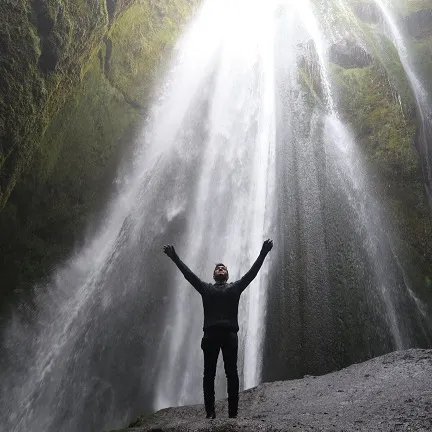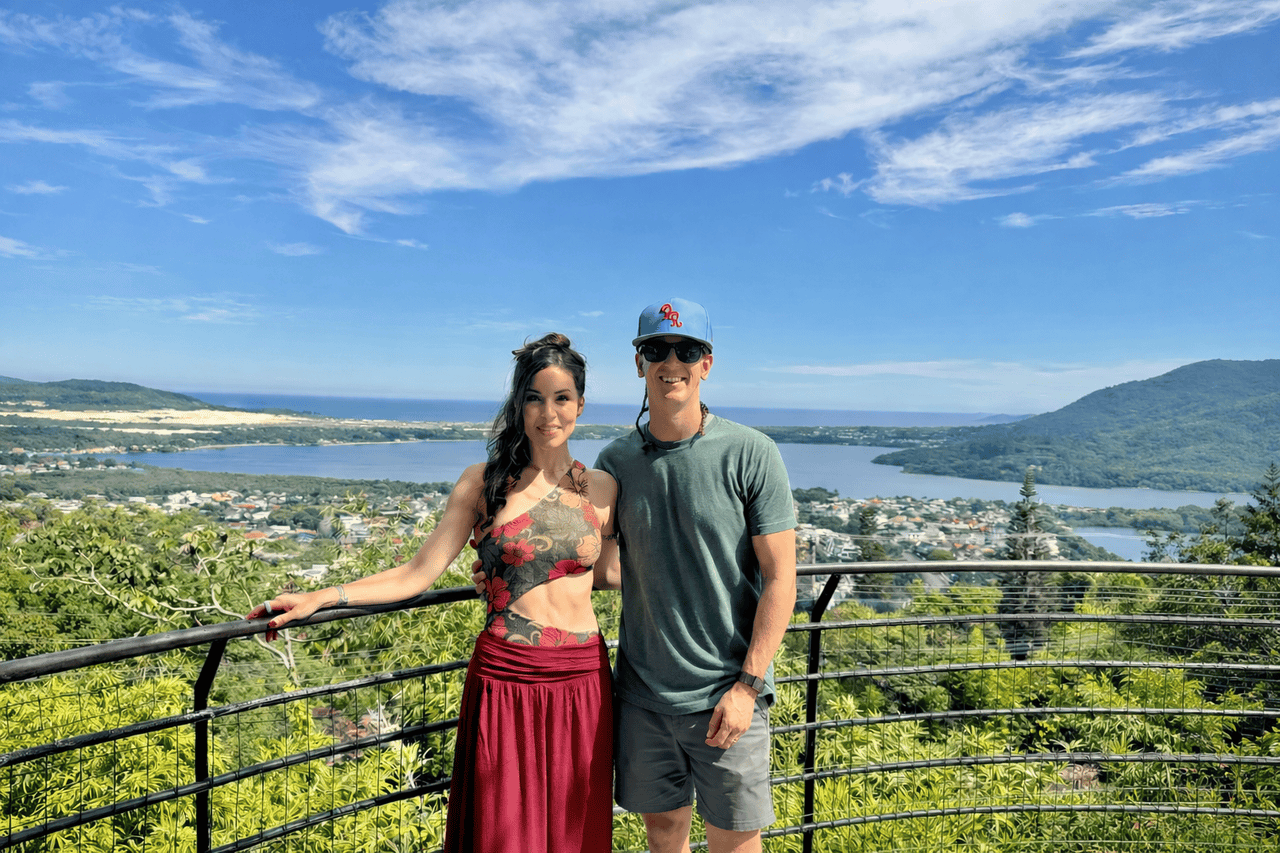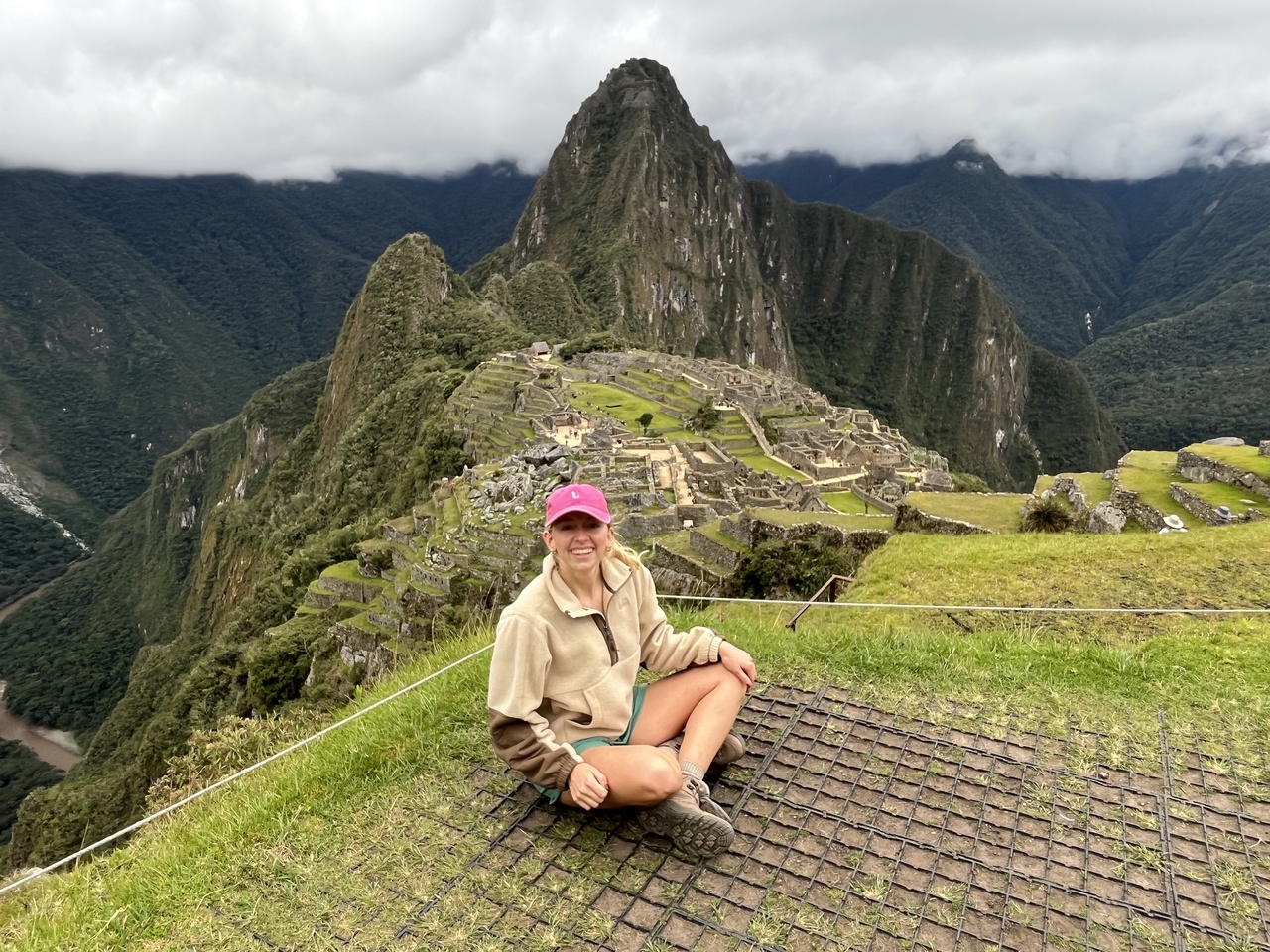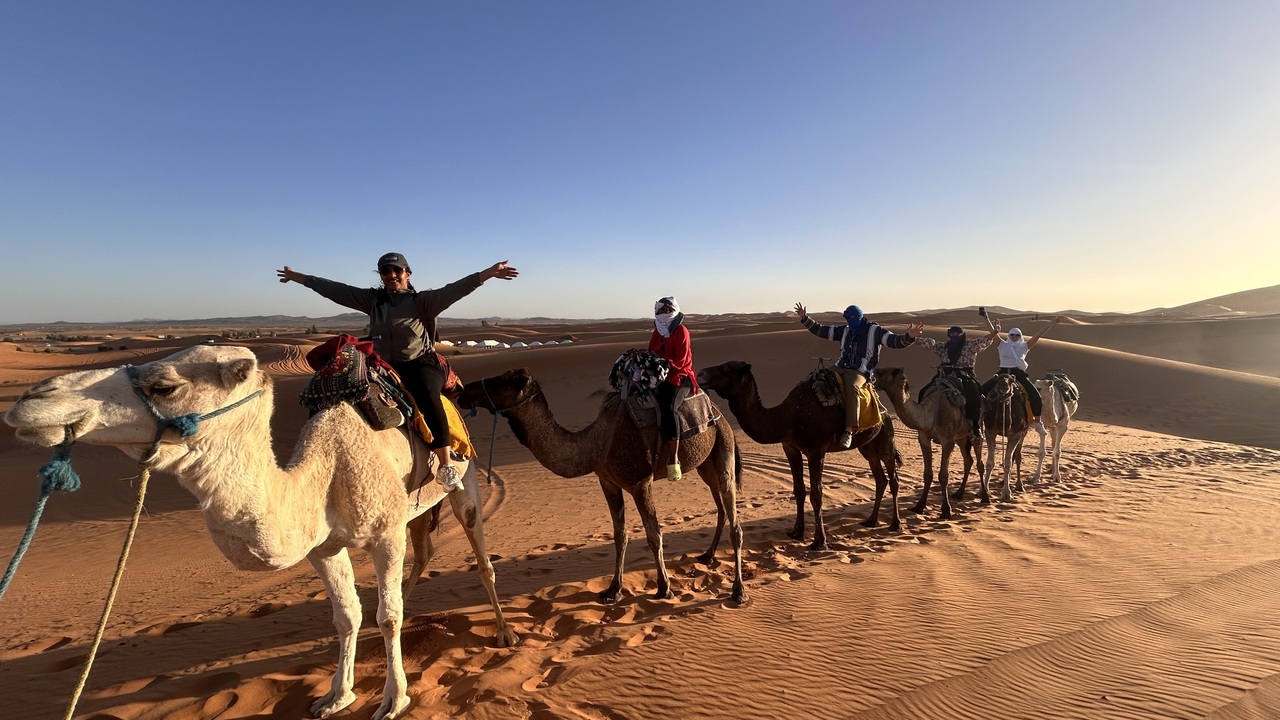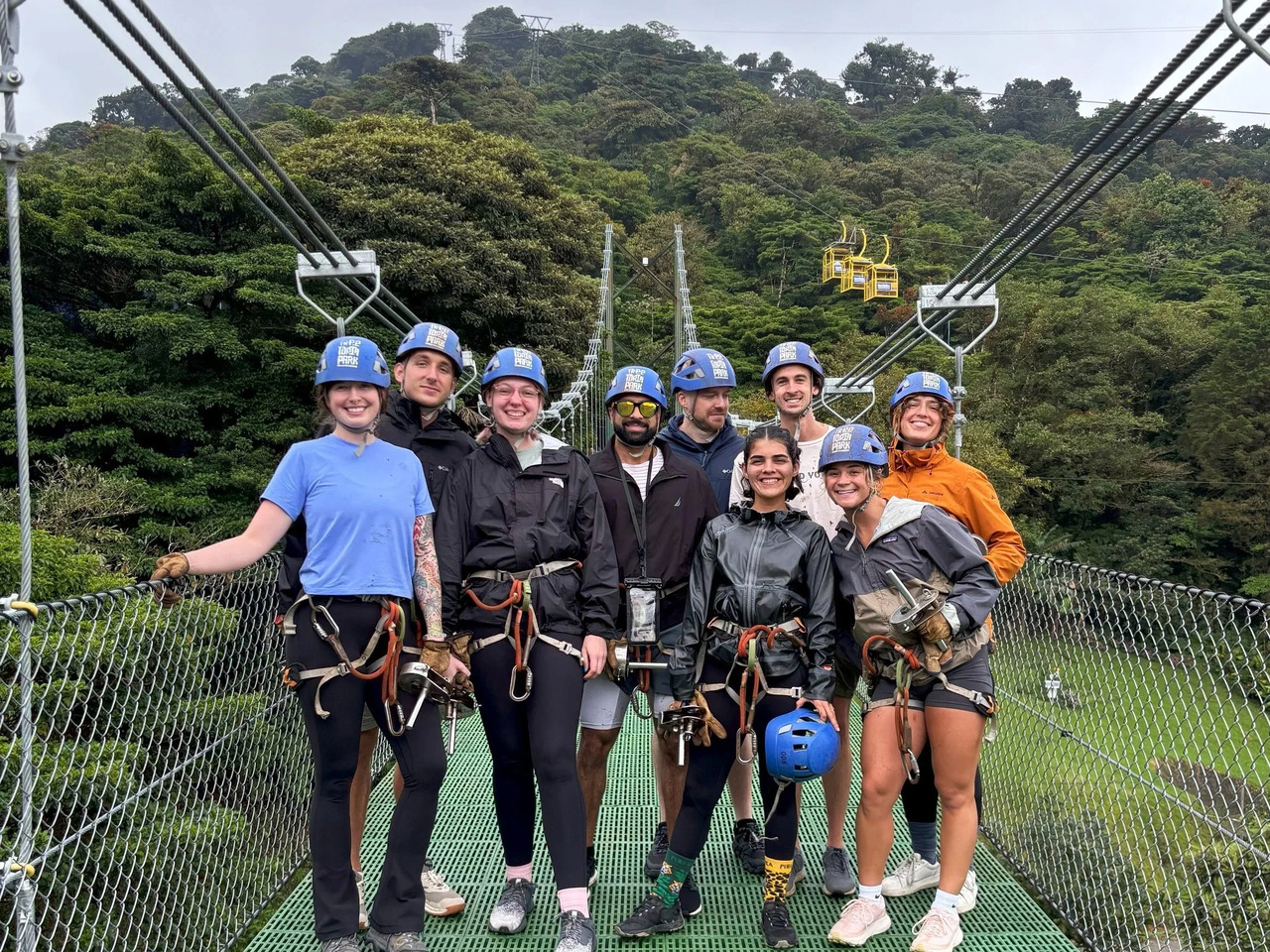“It’s going to be hard. It’s going to test you. You are going to learn a lot about yourself.”
Welcome to La Tortuga Feliz, a turtle conservation program run by volunteers for volunteers.
After returning a week ago from my first volunteer trip, I have to admit that I was very excited to be home. I was ecstatic to have a hot shower, air conditioning, and be far away from sand fleas.
Never having participated in a volunteer trip before, I did my due diligence of ample research and felt I was well prepared for what I was about to encounter.
Truth is, I wasn’t.

It was hard
We were in Tortuguero, Costa Rica, where it is extremely humid and rainfall doesn’t give you a reprieve, but instead adds to the mugginess. As volunteers, we had a pretty regimented routine.
- 9:00 am -- Breakfast
- 10:00 am -- Volunteer Meeting
- 10:15 am -- Morning Activity
- 12:00 noon -- Lunch
- 2:00 pm -- Afternoon Activity
- 5:00 pm -- Dinner
- 7 pm - 6 am 4 Hour Night Shift
Usually every other day, you had a dish shift as well.
The morning/afternoon activities included beach clean-up, recycling, beach trekking, and making canastas (a mesh basket-type covering to help protect turtle nests in the hatchery), while the 4-hour evening shifts included manning the hatchery or walking the beach for 7 miles on patrol.

On one of our patrol shifts, we found a turtle near our turnaround point. Collecting eggs and waiting for the turtle to return to the sea, our shift ended up being 6.5 hours.
With shifts starting anywhere between 7 pm and 2 am, we tried to adjust by taking naps throughout the day or prior to our shifts, but our bodies were not as willing to jump on board with such a schedule. And while it may feel like I am making this up, I actually became physically tired of scratching.
Volunteer legs are a feast for sand fleas. With nothing to help combat them (believe me, we all tried every bug repellent located on site) and even with layers of long pants and thick socks, all of us were an itchy mess. We’d wake up in the dead of night in a scratching frenzy, unable to stop because it just felt too good to give in to the itch.
It tested me
It was tough mentally being away from the 'normalness' of my life.
Don’t get me wrong, I’ve been on many trips before but the extent of cultural differences on this one was greater than any trip I’ve taken before.
While I’ve traveled to London, Paris, Interlaken, the Caribbean, and Australia, there was always the commonality of English being a major language, both spoken and written. In the small village where we stayed, we quickly learned that none of the locals knew English. We tried our best to communicate via hand gestures and the most simplistic of phrases or we just did not communicate at all.
I felt awful about feeling so unprepared and wished I had taken the time to learn some Spanish ahead of time (even a short crash course).
Not only would it have been beneficial to the circumstances, but I think it would have shown that I cared about the communication and culture, even if my Spanish was choppy and grammatically incorrect.
We were informed we didn't need to know Spanish to participate in the trip but knowing some would have been crucial.
There was also the day-to-day living, which was vastly different from what I’m used to: living in a dormitory style room with 7 other people with nowhere to put your belongings, sharing one shower and two bathrooms with up to 30 volunteers at times, running out of water one day and having to wait for a pump to come, and almost running out of toilet paper twice during the week to the point where we were asked to try to ration out the squares used.
To top it off, I started having stomach issues mid-stay. A nervous wreck that the toilet paper would run out and I would be stranded in the bathroom until it showed up, I started to hoard some squares in my bags (you know, just in case).
I learned a lot about myself

Even though it was not a joy ride, I am so happy I had the chance to partake in this volunteer trip. It was an amazing experience and for a great cause.
Knowing that your work, although it may seem trivial at the time, is helping an endangered species improve their success rate of survival is humbling. The sea turtle really doesn’t have much going for it in the sense that they can’t see well, they can’t hear well, and unlike land turtles, they aren’t able to retract all their extremities into their shell.
Adults and eggs alike are attacked by poachers and babies have a 1 in 1,000 chance of making it to maturity. When you hear those numbers, it can be discouraging. All of the volunteers that participate are doing a ton of work and all for maybe 1 turtle in an entire season.
It’s worth it though. Turtles have been around for 100 million years and we want them to survive for the next generations.
I felt a surge of pride in myself after completing my time at La Tortuga Feliz. I knew there were people who would never even have signed up for something like this, much less have been able to actually do it.
Don’t get me wrong, there are many people who could do this with no problem and not find it difficult at all. But some of us are so used to the little luxuries that putting yourself in this type of living (and using vacation time for it) seems absurd.
It was eye opening, seeing as this was everyday life for the locals. They do not think twice about it. They don’t complain about not having electricity, hot water, good cell service, or TV.
They simply live.
Even the poachers that we were working against were not killing turtles for sport, but simply to live. Being an eyewitness to these things, it truly makes you appreciate the life you have, with all its little luxuries, and reminds you to be grateful.
You could be living with much less.
This trip has taught me to be more: more aware, more understanding, more giving, and more thankful.




.avif)


